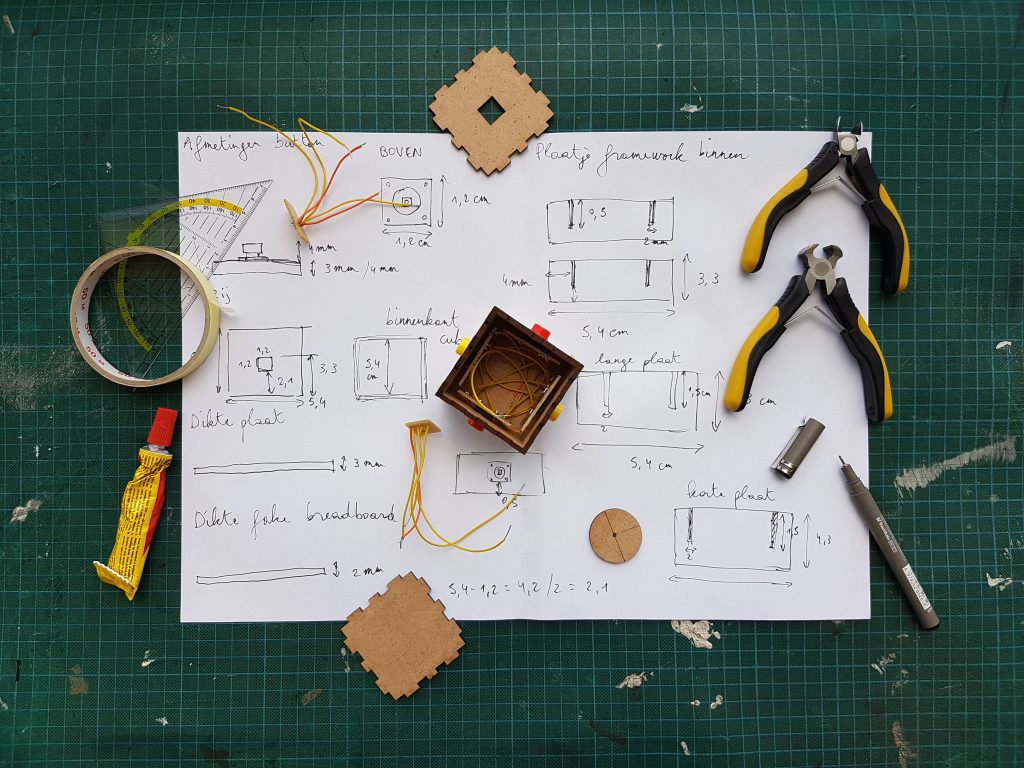Let me break it to you upfront.
From an early stage startup perspective, prototypes are a waste of time.
I was asked this question from one of my students in an entrepreneurship class.
I thought about it and decided to write this article because it sheds light on an important startup mindset.
I often come across government grants for inventors who have built a “prototype”. There is nothing wrong with encouraging inventors for their hard work and ingenuity. If encouraging entrepreneurship is the goal, I just feel that a Minimum Viable Product (MVP) is a better metric.
Why MVP > prototype
A prototype is a miniature version of the actual product. It serves to illustrate what the actual product might look like. It is assumed that a prototype doesn’t need to be “functional”. It is for demo purposes and cannot actually be used.
A Figma design for an app can be a prototype. It can have all the look and feel, but customers cannot use a mock-up.
A Minimum Viable Product (MVP), otoh, is the first version of a product, that works. It may not solve a big problem or cater to a wide audience. But by definition, it should solve a small problem for even just one potential customer.
This minor difference is the game changer. Let me reinforce my arguments further.
How long does it take to build?
No one can envisage the “final” product at the start. That is why a prototype may just be the figment of the inventor’s imagination. It could take longer to build a prototype because it involves “foreseeing” product features.
💡 An MVP can be built as soon as you isolate the smallest unit of the problem to be solved.
For example, a google form can be a minimum viable product; but it is unlikely a google form can be called a prototype. This small switch in mindset goes from “building products” to “solving problems.”
Inventor’s opinion or customer’s opinion?
At the early phases, “validating the product” is not nearly as important as “validating the market”.
Startups are a long and winding road towards validating the customer (market). If you show a prototype to customers, they might provide “feedback” out of goodwill. Actually, there is nothing to give feedback on. Customers haven’t really used the product to solve their problems!
Customers are always giving feedback covertly when they actually use a product or service. An MVP can be developed further almost naturally based on such feedback.
AirBnB case study
One of the most famous MVP case studies is that of AirBnB. They did not even build a website to select locations, dates and prices. They directly targeted tech conference attendees at a single sold-out conference.
They only needed to confirm that a sufficient number of people were willing to rent what they were offering. Apparently, they found 3 guests who were willing to pay $80 per night for a room in their house!
Imagine the kind of learning you have from 3 real customers living in your house versus a website for potential customers to signup!
Now THAT’S something to build upon!
In a nutshell, MVP gives you a chance to validate the customer while a prototype gives you a chance to validate the product. A prototype focusses on design and features; an MVP focusses on customers and their problems!
One big risk versus several small risks
Prototypes also come with a bigger risk compared to an MVP.
What if customers don’t like the prototype that you meticulously created? It could be back to square one immediately after launch. The prospect of building a new product from scratch can be overwhelming. MVP’s, otoh, can be chopped and churned easily since the focus was never product, but problems! Create a new no-code website or just change the offer!
Conclusion
There may be grey areas where MVP and prototypes overlap. Some people may even use the words interchangeably. This article was meant to focus on an important mindset shift from focussing on product to focussing on customer.
I don’t have anything personal against prototypes. I just think we should promote rudimentary MVPs rather than sophisticated prototypes!
P.S. I am running a 6-Week Live Entrepreneurship Development Program. Check out the details: https://rzp.io/l/turnip-edp

